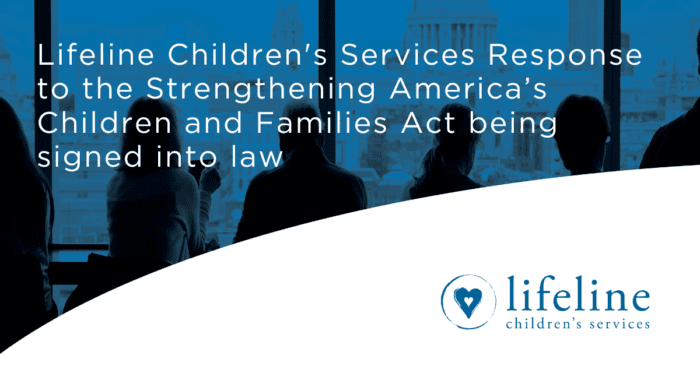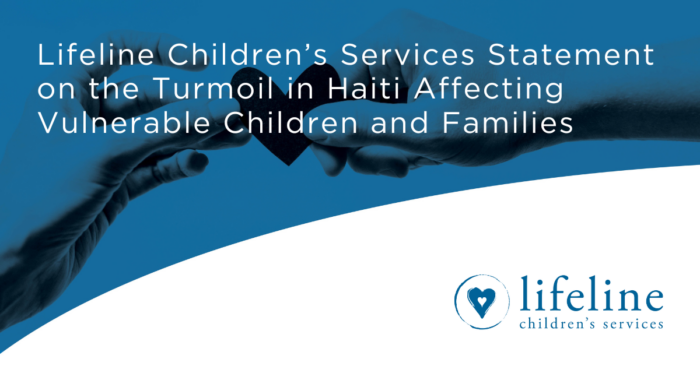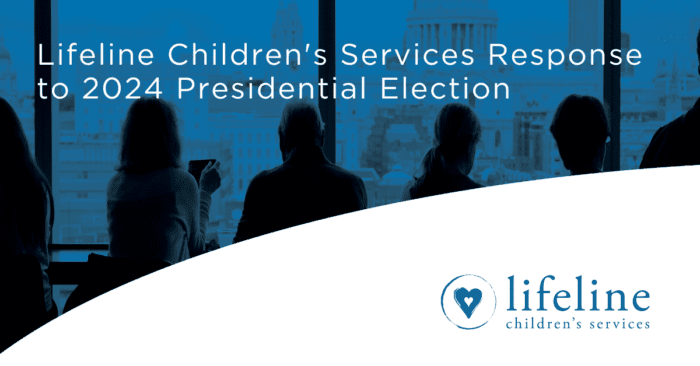On the September 4th edition of The Defender Podcast, Tony Merida joined Herbie Newell to discuss adoption, justice in the church, prioritizing family as a dad, and how the gospel has been evident in his own family’s life. Tony and his wife, Kimberly have five children, four adopted from Ukraine and one adopted from Ethiopia. His children now range in age from 14-19. In addition to being an adoptive parent, Tony has written multiple books, one titled Orphanology, which is co-written with Lifeline’s Vice President of Engagement, Rick Morton. His study of Scripture led he and Kimberly to pursue adoption. Their experience as parents allows them to watch the theology of the gospel played out in front of them every day and to also be a practical source of encouragement to parents in the adoptive community. Listen to the full podcast to hear Tony expand on how his expectations have changed as he and Kimberly have parented children to adulthood.
As the Pastor for Preaching and Vision at Imago Dei Church in Raleigh, North Carolina, Tony has a unique perspective for leading and shepherding the body of Christ in following God’s commands to care for the vulnerable. Tony’s experience, study, and expertise allow him to speak passionately about theology while also maintaining a practical outpouring of theology in real life.
Herbie invited Tony to share about the necessity of the church to be part of promoting justice while also being rooted in deep theology.
How does good, deep theology actually bear itself out in justice?
- Social justice falls under the broad umbrella of loving your neighbor, which is the second greatest commandment. Not engaging in promoting justice in the community is neglecting Scripture and Jesus’ call to love our neighbors.
- Because we don’t earn salvation engaging in justice is a fruit of our salvation, not the root of justification.
- We have to keep the gospel and justice together so that we are promoting justice through the lens of the Bible—so that the gospel is clarified and what we are promoting in justice is something of God’s heart and not political or something outside of His will.
- “Gospel justice;” “biblical justice;” or “neighbor love” are titles that reflect the biblical truth of caring for the vulnerable.
Why is gospel-driven justice a healthy part of a church plant and an established church?
- If you’re planting a healthy church, you’re planting a missional church. A church is planted in an area because there is little or not ministry or gospel presence there. That often means there are a lot needs in that area. So, yes, we want to evangelize the people with the gospel of Christ, but we also want to serve that community.
- For established churches and church plants, make justice issues like orphan care part of your church’s culture. Don’t add it on as a separate part of ministry, but fit it in with church’s mission and vision and give it the support of pastors and other leaders.
- Viewing issues like orphan care as part of broad concept of discipleship will help leaders and members to see the ultimate purpose and how justice fits into the mission of the church.
- Realistically start small by providing a basic avenue for people to get involved, such as partnering with Lifeline, etc. Don’t try to do too much at first. Do one little thing and see things grow from there.
Justice issues like orphan care are close to the heart of God throughout Scripture. When we see them as gospel-driven justice, believers can engage the community and world with the hope of Christ as they meet others in their need and open doors to their reception of the gospel.
If your church is interested in getting involved with gospel-driven justice, you can partner with Lifeline in many ways. Find more information about partnership possibilities and contact us here.




